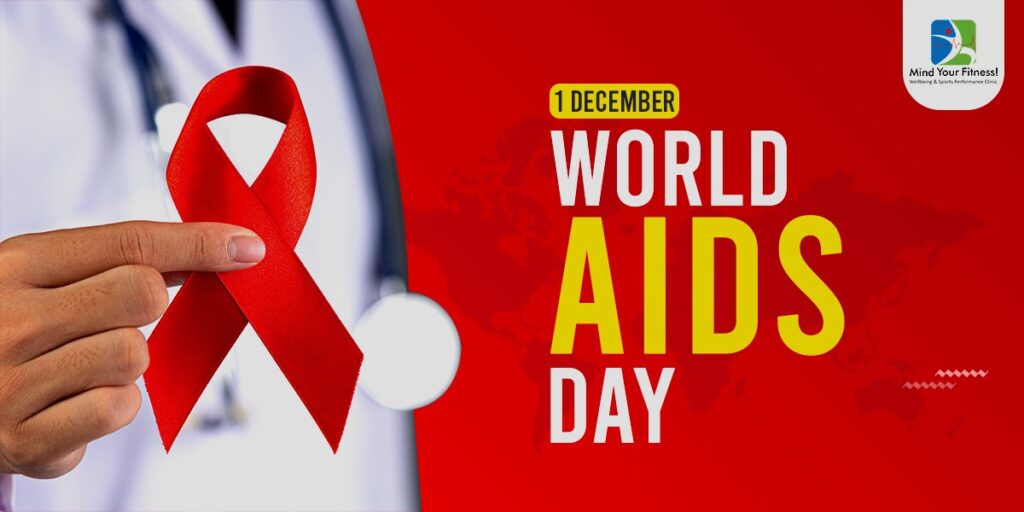
HIV drugs and their negative effects
Although the world has made significant progress in recent decades, HIV remains a major public health issue that affects millions of people worldwide.
AIDS Treatment
At this time, there is no cure for AIDS, but medications are effective in fighting HIV and its complications. Treatments are designed to reduce HIV in your body, keep your immune system as healthy as possible and decrease the complications you may develop.
You and your doctor will work together to develop a treatment plan that best meets your needs. Three main factors will be considered when designing your treatment plan:
- Your willingness and readiness to begin therapy
- The stage of your disease
- Other health problems
Some of the drugs approved by the FDA for treating HIV and AIDS are Nucleoside reverse transcriptase inhibitors (NRTI), Protease inhibitors (PI), Fusion Inhibitors, Highly Active Antiretroviral Therapy (HAART), and Non-Nucleoside Reverse Transcriptase Inhibitors (NNRTI).
Does HIV or AIDS medication cause side effects?
HIV medicines help people with HIV live longer, healthier lives. HIV medicines also reduce the risk of HIV transmission. But HIV medicines can sometimes cause side effects. Most side effects from HIV medicines are manageable, but a few can be serious. In addition, newer HIV medicines cause fewer side effects than medicines used in the past. As HIV treatment continues to improve, people are less likely to have side effects from HIV medicines.
The most common side effects are:
- Nausea and vomiting,
- Diarrhea,
- Difficulty sleeping,
- Dry mouth,
- Headache,
- Rash,
- Dizziness,
- Fatigue, and
- Pain
However, certain severe side effects have been reported, including:
- Increased cholesterol
- Weight gain
- Pancreatitis
- Peripheral neuropathy
- Severe rash
- Decreased bone density
- New or worsened kidney disease or diabetes
- Hepatic steatosis (fatty liver) or liver damage
- Lipodystrophy (abnormal distribution of body fat)
- Nervous system effects, including anxiety, confusion, depression, or dizziness
- Lactic acidosis
- Insomnia
- Suicidal ideation
- Gallbladder and kidney stones
Do all HIV or AIDS medicines cause the same side effects?
Different HIV medicines can cause different side effects. In addition, people taking the same HIV medicine can have different side effects.
Side effects from HIV medicines may last only a few days or weeks. For example, nausea, fatigue, and trouble sleeping are some short-term side effects of HIV medicines.
Other side effects from some HIV medicines can lead to problems that may not appear for months or years after starting a medicine. For example, high cholesterol can be a side effect of some HIV medicines.
Having another medical condition or taking other medicines can increase the risk of side effects from HIV medicines. Drug-drug interactions between HIV medicines or with other medicines a person is taking can also cause side effects.
How to manage the side effects of HIV/ AIDS medications?
Talk to your health care provider about possible side effects.
- Nutritional counselling can manage common side effects like nausea, dry mouth, abnormal lipids, sugar, kidney function .
- Exercise: AIDS is a wasting disease and exercise along with good protein intake help in maintaining muscle mass. Blood sugar, fatigue, increased blood lipid profile, body composition, chronic inflammation, anxiety, depression, circulating cortisol, and others, are known to improve with routine exercise.
- Mental health: How you feel mentally and physically can affect your willingness to stick to your treatment plan. Your health care provider can refer you to a mental health counsellor.
In some cases, it may be necessary to change HIV medicines because of a side effect. However, do NOT cut down on, skip, or stop taking your HIV medicines unless your doctor tells you to.
Authored by Janvi Dhanak, Clinical & Sports Nutritionist, Mind Your Fitness!






One Response
Youre so cool! I dont suppose Ive learn something like this before. So nice to seek out any person with some original ideas on this subject. realy thanks for starting this up. this web site is one thing that is needed on the net, somebody with a bit originality. helpful job for bringing something new to the internet!